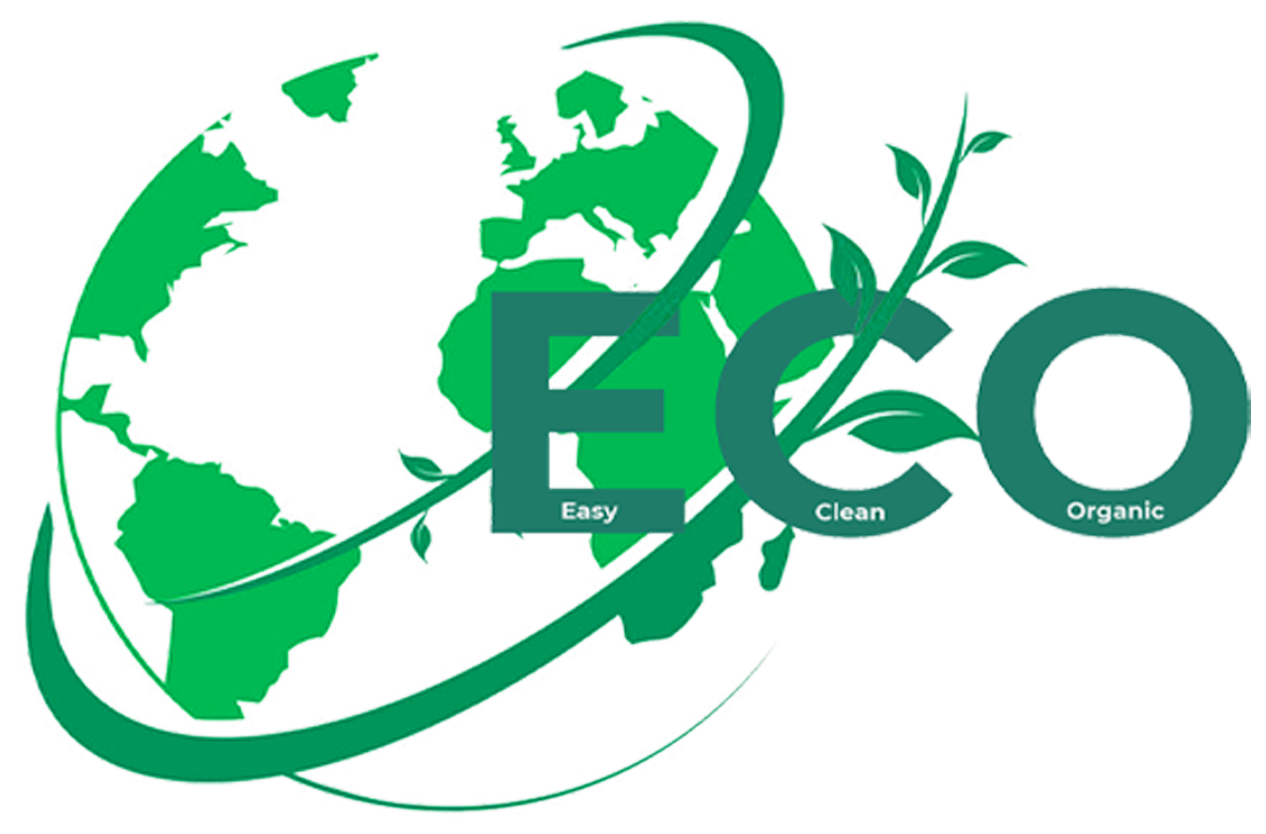Domain
Our Research Domain
From the beginning, Sri Lanka has been an agrarian civilization. When Sri Lanka was colonized, the plantation sector, which specialized in rubber, tea, and coconut, was given precedence. Following independence in 1948, a greater focus was placed on the production of food crops. A significant portion of the Sri Lankan population works in agriculture, and there is a growing need to promote organic farming. Low economic growth has come from farmers and out-growers' incapacity to make educated and productive judgments quickly. As a result, they're having trouble deciding what to grow next, as well as client consumption trends and the most in-demand locations for a certain crop. Due to a lack of information exchange, farmers are now uninformed of the behavior of the Sri Lankan market and worldwide agricultural trends. Because of assessing these scenarios, a system for forecasting demand for certain vegetables is needed. As a consequence of this study, it is suggested that the major variables driving vegetable demand and price variations in Sri Lanka be identified, and that a model be trained using machine learning to predict demand and price. Additionally, determine the optimum cultivation for current land and recommend favorable circumstances depending on the crop, making this computerized method more reliable and convenient.
Learn More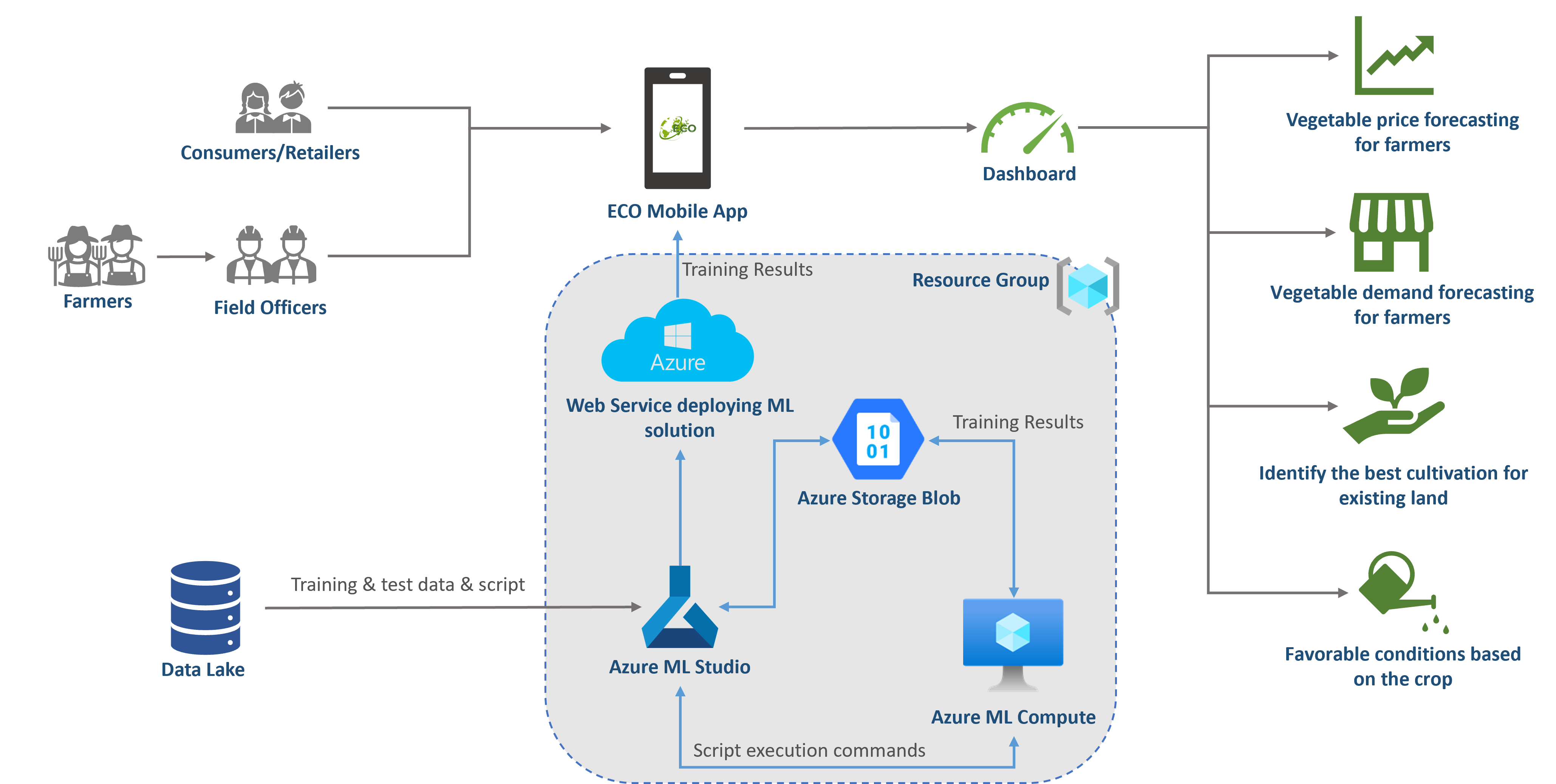
Forecasting price for specific vegetables and knowledge sharing forum
The major issue farmers are facing is they do not receive a good price for the cost they spend. Without knowing the market price, they harvest huge amount of cultivation and expect a good price. Due to this lack of knowledge about market price fluctuations, farmers face considerable losses and back down from the agriculture field. Also, in the other hand without knowing the market price consumers spend lots of money for vegetables. As a result, a forecasting technique is needed for fill the gap of lack of knowledge in vegetable market prices.
Objectives of the research component:
- The goal of this component is to develop a reliable and user-friendly price forecasting dashboard that may use to solve the difficulties described above in our farming community.
- Provide fully automated, user-friendly and reliable price forecasting dashboard for users.
- Provide a knowledge sharing forum for farmers to share their experiences and problems to seek answers.
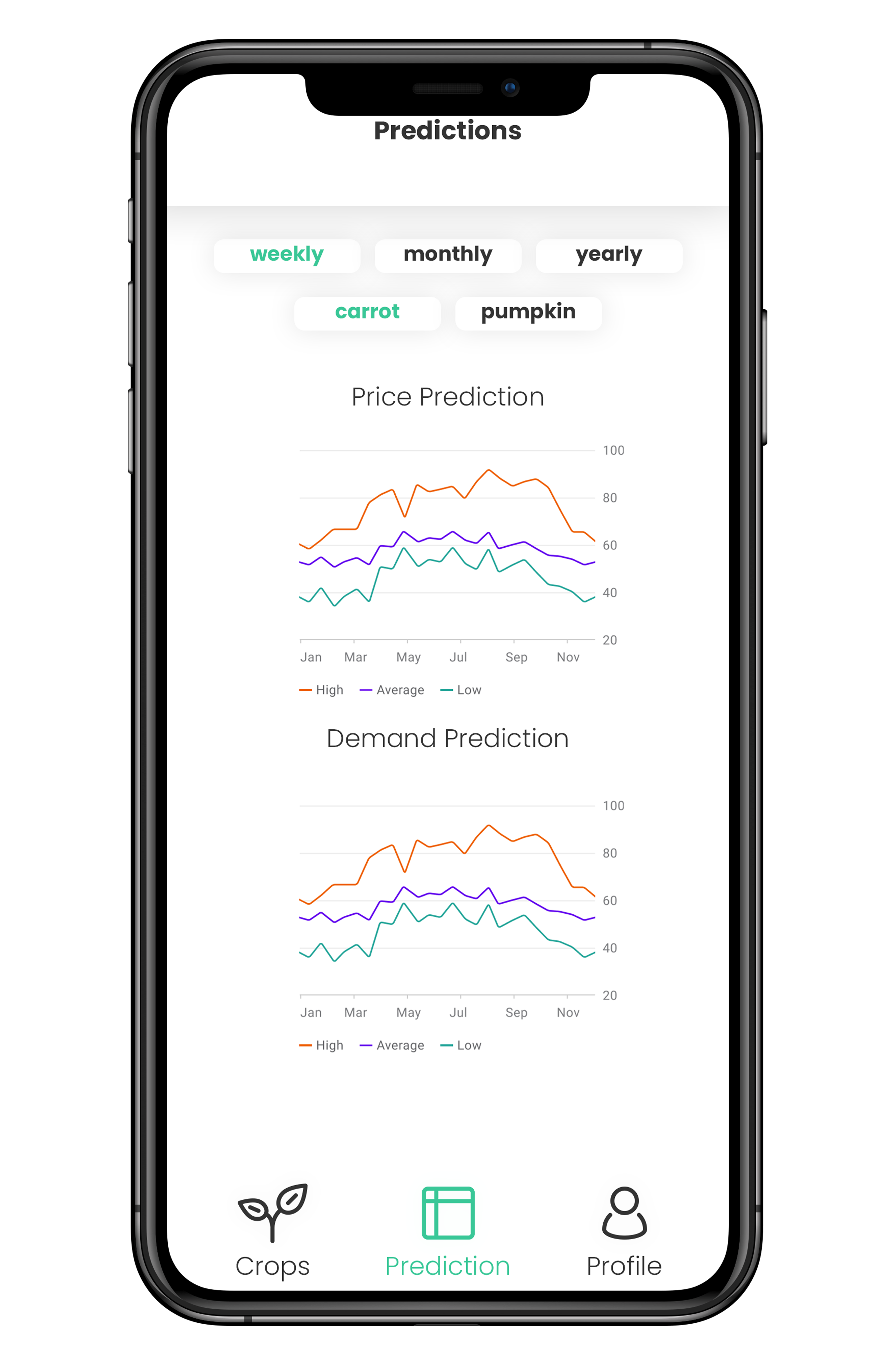
Forecasting demand for specific vegetables and Dashboard for users
The distribution of fresh vegetables based on demand has been a major challenge in recent years. The biggest cause of vegetable waste, according to farmers, is their failure to estimate demand for veggies. Due to the absence of forecasting of vegetable demand, both growers and retailers are inconvenienced. When examining the retailer's perspective, the market might be overstocked and understocked at times due to unanticipated demand. As a result, a projected model is required to reduce vegetable waste.
Objectives of the research component:
- The goal of this research component is to develop an intelligent system capable of forecasting market demand changes using past productivity and previous consumption data as inputs.
- Provide a fully automated, up-to-date dashboard with a variety of forecasts and useful services for farmers.
- Utilize effective data manipulation to provide well-organized crop management and sponsorship services.
- Provide field officers with a user-friendly interface for initiating tasks/events and keeping records to make the cultivation process more transparent.

Identify the best cultivation for existing land
Even though Sri Lanka is a lush tropical region with a lot of potential for growing a broad variety of crops, the agricultural industry is limited by low productivity. Even though modern agriculture is partly intermingled with technology but could not see few advances in information technology with agriculture in Sri Lanka. This might be due to farmers' inability to raise their production capacity and quality of the product to meet market demand.
Objectives of the research component:
- Through this research component, I hope to create a usable mobile application to the farming community with an intelligent system capable of identifying the best crops for existing lands by analyzing past data and environmental data as parameters.
- Provide a crop management system for farmers, farmland owners to manage their crop lands easily.
- Provide a User friendly fully automated dashboard for processing their needs.
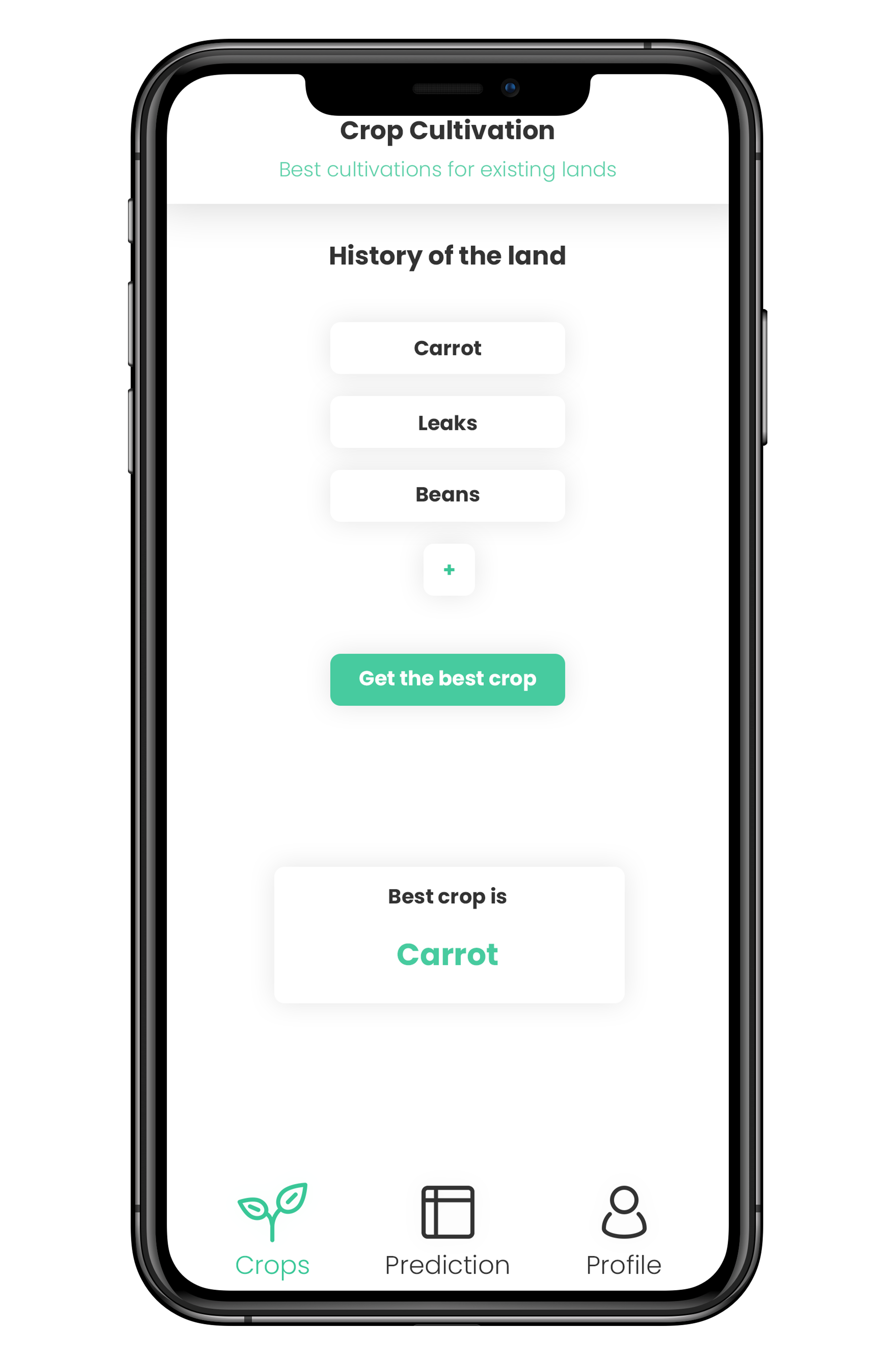
Favorable conditions based on the crop
Agricultural development strategy for developing countries need to be geared towards increasing the productivity of land under cultivation, with reduced cost, higher efficiency use of inputs with little or no harm to both human and the environment.Post-harvest wastage since could not find retailers/consumers to sell organic products as the products does not meet the required conditions. Insufficient importance on the development and production of nutrient-dense foods. Food preferences are shifting, as are concerned about how it is grown, with a greater focus on ethically sourced organic crops.
Objectives of the research component:
- When someone searches a crop by its name, the system provides all the required conditions such as Nitrogen Level, Phosphorus Level, Potassium Level, PH of soil, Temperature, Local humidity, and Rainfall during the season to the relevant crops.
- Identifying the specific factors which helps to build up strong, productive plants.
- Deciding the most suitable organic crop to be cultivated in a relevant period.
- If any of these factors are missing, help farmers to decide whether they can limit plant growth.
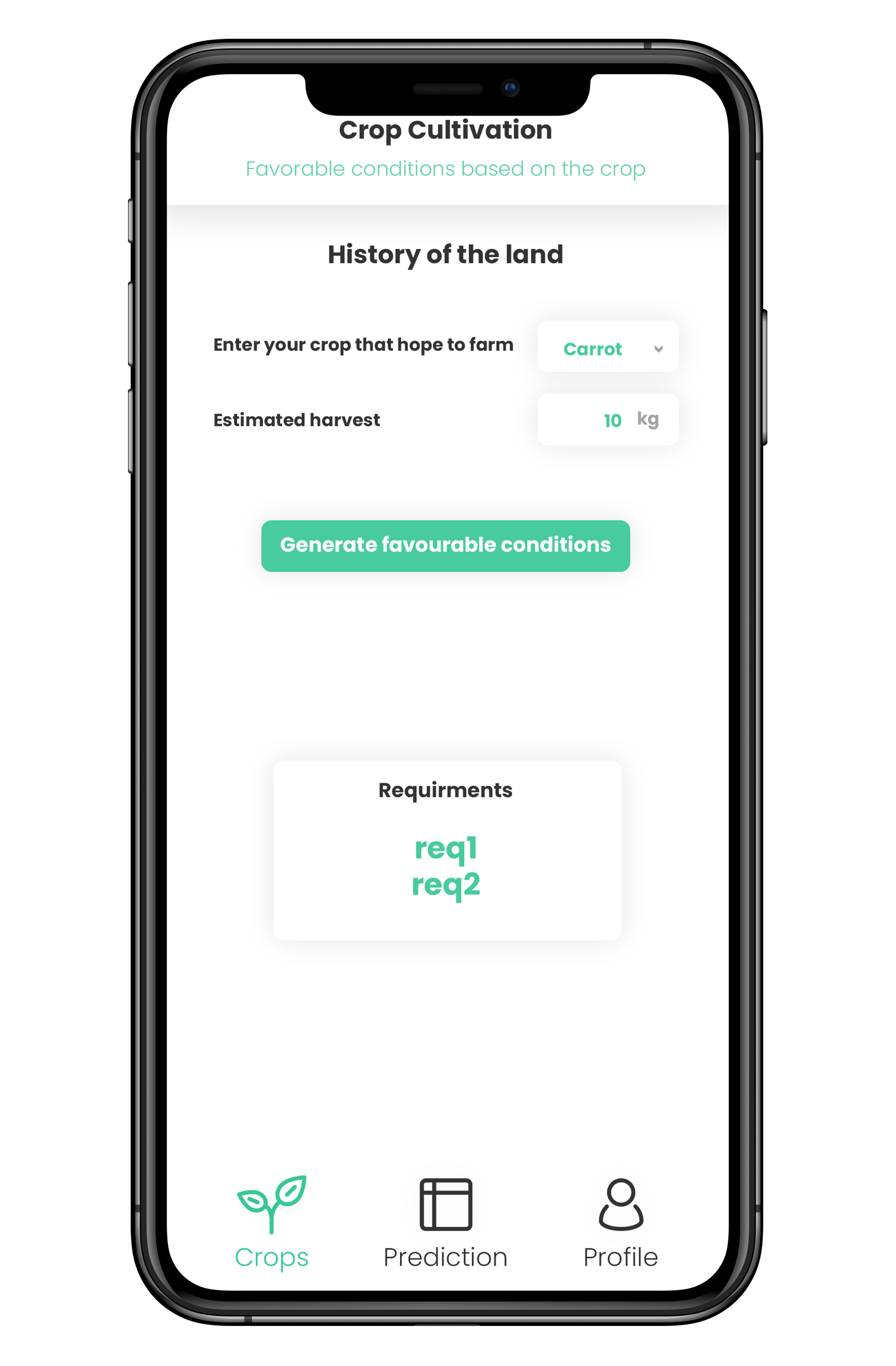
Technologies
Technologies we used



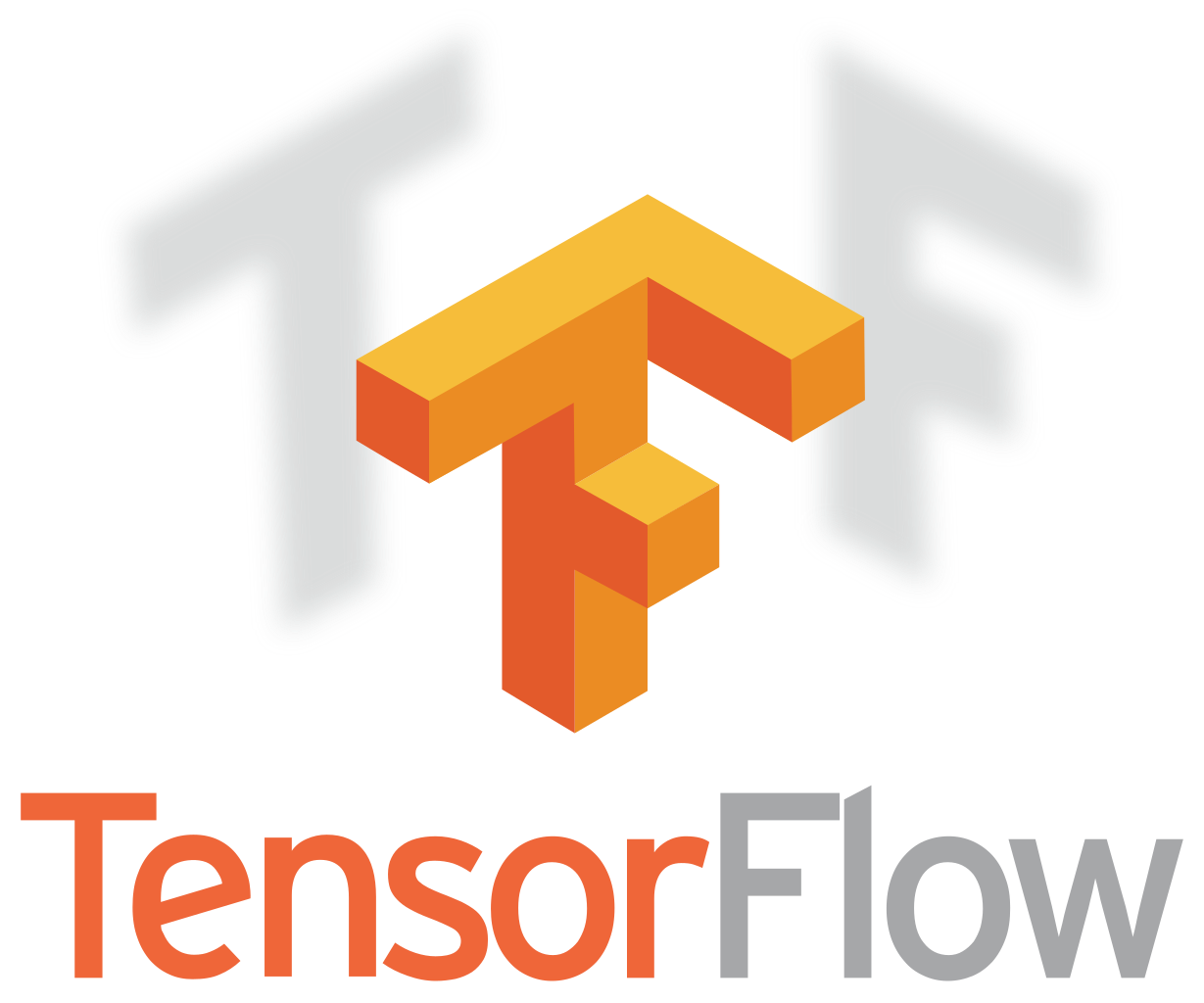


Milestones
Research Milestones
01. Project Proposal Presentation
A brief introduction on the application is provided in the project proposal. This describes the research problem, research gap and the scope of the research. Apart from those the research areas that are going to be thoroughly clarified and the implementation areas are also menitioned in the project proposal. This project proposal sets forth the benefits of pursuing the endeavor.
Marks Allocated : 6%
Date of Submission : 13th-15th September 2021
02. Project Proposal Report
After the literature review is done, this gives a brief explanation about the objective of the project with the methodology that will be used in the development. It also includes the description of how the research is divided among the group memebers. Budget and budget justifications are also given in this document.
Marks Allocated : 6%
Date of Submission : 06th September 2021
03. Progress Presentation (i)
The progress of 50% of the individual work was evaluated by the panal.
Marks Allocated : 15%
Date of Submission : 10th - 12th January 2022
04. Research Paper
This document presents our evaluation or interpretation or argument. We build upon what we know about subject and make a attempt to find out what experts know.
Marks Allocated : 10%
Date of Submission : 18th of March 2022
05. Progress Presentation (ii)
In this presentation the main purpose was to provide an overview of the integrated product and the demostration of how the product works. They expected 90% of progress and a good explanation of the product with the help of a creatively designed poster.
Marks Allocated : 18%
Date of Submission : 27th - 29th of April 2022
06. Final Presentation and Viva
Final presentation evaluates the whole project.
Marks Allocated : 20%
Date of Submission : 6th - 8th July 2022
Documents
Documents and Resources
Project Charter Document
DownloadProject Proposal Document
DownloadResearch Paper
DownloadFinal Report
DownloadProposal Presentation Slide Deck
DownloadProgress Presentation (01) Slide Deck
DownloadProgress Presentation (02) Slide Deck
DownloadResearch Poster and Individual Documents
DownloadTeam
Our Hardworking Team

Udith Jayasinghe
(IT18204308)
Group Leader
Ashen Bandara
(IT18220698)
Member 01
Tharindu Rashmika
(IT18223668)
Member 02
Randeepa Bandara
(IT18202700)
Member 03Contact
Contact Us
Location:
SLIIT Malabe Campus, New Kandy Rd, Malabe
Email:
info@sliit.lk
Call:
+94 11 754 4801

